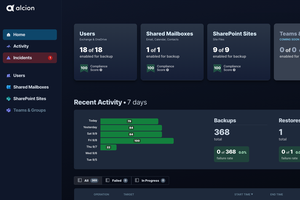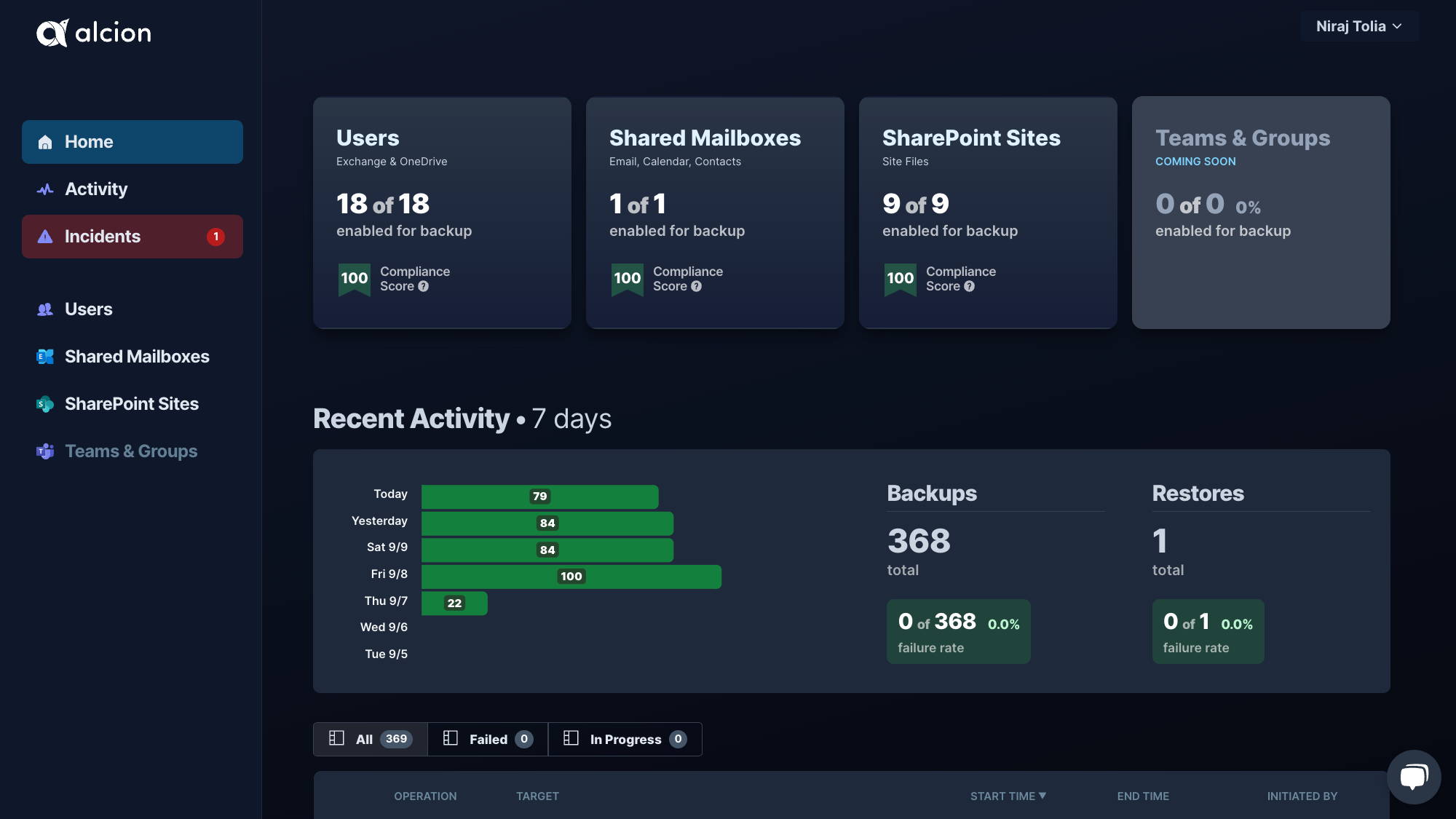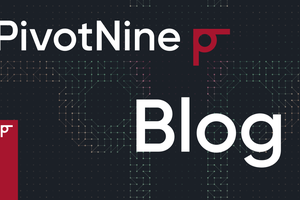Alcion Raises $21M Series A for AI-Powered Backup-as-a-Service Platform

Billing itself as a modern data management company, Alcion has raised $21 million in a Series A funding round led by data protection behemoth Veeam. This round brings the startup’s total funding to $29 million.
Alcion is taking a fresh look at backup and recovery, baking in AI-assisted ease-of-use with advanced security features from the beginning. It provides fine-grained protection, including ransomware detection at the file-level and per-user, with a continuous learning approach that updates multiple models per-user based on that user’s usual behaviour.
“The consistent feedback we get is that our value is at the intersection of AI, security and ease-of-use,” said Niraj Tolia, CEO and co-founder of Alcion. “I think of it as three legs of a stool where, without one leg, the value would drop materially.”

Taking money from Veeam, which could be seen as a competitor to Alcion, doesn’t bother Tolia. “We’ve worked with them in the past. They acquired my previous company, so the trust is there,” he said. “For me the goal is independence. Veeam just happens to be a large investor in us.”
In the past 10 years or so, there have been major changes in both the technology available and the threat landscape. Malware and ransomware have changed both the likelihood of data loss and the mechanisms needed for recovery. Technologies like flash storage, containers, continuous-flow data processing and machine learning have made new things possible that were once too expensive, if they were even possible.
“Where some of the innovation has come in is in the data pipeline," said Tolia. “It used to be minimal. Now there is a security angle that constantly needs to evolve. So how do you do it in a way where we measure things like dollar-per-byte processed? What kind of throughput can we get through this? How do we make the system efficient?”

Alcion has rethought how data protection should be done, given these major changes. It makes heavy use of serverless patterns and AWS services such as OpenSearch, DynamoDB, S3, ECS and Lambda, with very few permanent workloads constantly consuming resources. A flexible data processing pipeline allows for rapid implementation of new features and functions. Want to try out an improved ransomware detection model? Just drop it in. If it works, keep it, if not, remove it.
“We’ve optimised for data protection workloads, which means doing things differently. For a business like ours, both from a latency perspective and a cost perspective, we couldn’t just pick something up off the shelf. A lot of work went into Alcion’s architecture and it’s been paying off for a number of months.”
Alcion sells a commercial SaaS product, but it also has a free, open source option called Corso as well. Customers can use Corso to back up their Microsoft 365 data to their own choice of object store. The commercial Alcion SaaS product uses the same code as the open source Corso, so customers can see the core data engine that Alcion uses itself.
Rather than worrying about competitors taking Alcion’s code for free or users not paying for the service, Tolia sees the open source product as reducing the barrier of adoption for new customers. He believes that data protection is such an important service that paying to have something you can rely on is more important than paying nothing and doing all the hard work yourself.
“Budgets are constrained these days, people are wearing multiple hats. They want something that they can spend a few dollars on and not have to worry about it at all versus trying to feed and care and patch and run security updates,” Tolia said.
Ransomware protection claims are common these days. Every storage and backup vendor has a range of features to allay customer fears that their data might be at risk. Similarly, AI-hype is peaking, with promises it will magically solve every problem you can think of, while simultaneously representing a threat to humanity itself, neither of which is true.
Alcion appears to be doing something far more revolutionary: addressing a real, current problem with technology relevant to the challenge that actually works.
Imagine that.

